10 tips to land a high-paying front-end developer job
Quality front-end development can optimize your website’s performance, ensuring fast loading times across all devices. Faster loading speeds not only improve user experience but can also favorably influence your search engine ranking, as loading speed is a critical factor in search engine algorithms. Front-end development plays a pivotal role in enhancing user experience. Websites that are well-crafted, functional, and visually appealing on any device tend to attract and retain more visitors. Easy navigation and intuitive interaction encourage users to explore your content, ultimately increasing the chance of conversion into customers. These tools often include drag-and-drop elements, enabling developers to build attractive layouts and applications with various built-in features efficiently.
Types of Content in Web Applications
You’ll need to learn to identify the root cause of an issue and find an effective solution. This degree prepares you with relevant industry skills and experience that will help you move forward in your career. While certifications are not required to become a front-end developer, you can opt to complete WGU’s Front-End Web Development Certificate to gain valuable, industry-aligned skills. One final question most people have is how long it takes to become a front-end developer.
Year of experience
I’m sure I will land a job in the future for front-end developer I will just take my time and learn new skills and create more projects thanks for your advice. Hello,You can indeed use the certificates gained from free code camp in your resume. What you need to do is to make projects of your own.There are countless resources on the internet to learn web development. The way they teach coding is unique, something I’ve never seen before. As long as you work hard to learn the curriculum and don’t skip the projects you’d definitely become a successful and confident web developer capable of making almost any website you can think of.
This set of programmers are called Front-end developers, they typically work with web technologies such as HTML (Hypertext Markup Language), CSS (Cascading Style Sheets), and JavaScript. These technologies are used to structure and present the content of a website, define its visual styles, and add interactivity and dynamic functionality. Noble Desktop offers various coding bootcamps and courses for individuals with no employment experience nor a college degree for working as Front End Developers. Front-end developers are typically fluent in JavaScript, HTML and CSS. HTML provides the structure, CSS adds the style, and JavaScript adds the interactive or dynamic elements to a website.
Almost every website out there is built on a content management system (CMS). I bet you didn’t know that according to Section 508 of the Rehabilitation Act of 1973, all websites must be accessible to people with disabilities, did you? But what’s horrible is that it’s estimated that only 2% of websites meet Web Content Accessibility Guidelines (WCAG). The sample website Ethan Marcotte designed and built as a proof of concept for responsive web design. JavaScript frameworks are a big topic, and the advent of the JavaScript framework age post 2010 has profoundly shaped the development of the entire front end developer profession, and the web at large.
AJAX drives the asynchronous fetching of data from an API without requiring a full page reload, which makes web applications more responsive. Understanding how to use APIs and implement AJAX requests is helpful for building modern web applications that rely on real-time data. This knowledge can help developers to create features like live search and content updates. Other front end web development-related seminars include How to Get Started in Web Design, Intro to JavaScript, Intro to React, and Designing for Mobile.
- Although there are several methods available for learning about front end web development, many people simply prefer learning inside a classroom with an instructor standing in front of them.
- Because SQL slows down response time, NoSQL frameworks are ideal for huge databases.
- They should also be skilled in TypeScript, a superset of JavaScript, which adds static typing abilities to the language.
- Having a background in coding, as well as a portfolio that demonstrates a person’s skills and knowledge, can be assets for getting started in the profession.
We’ve also learned that becoming a front-end developer without a degree is not only possible, but also attainable. Building your portfolio is an easy way to demonstrate your expertise as a front-end developer. There are also have some style libraries that make styling your web pages simple, such as Bootstrap, Sass/Scss, Tailwind, and so on. As new technologies, tools, syntax, and approaches are introduced, it is always best to stay up to date with new technology trends and avoid falling behind. HTML provides structure to the content appearing on a website, such as images, text, or videos.
Apply for Jobs and Internships
Now, like HTML, CSS has come a long way since it was first invented in 1996, and nowadays you’ll be writing CSS3. In addition to all the colors and beautiful fonts and animations you’ve come to know and love, CSS3 makes building responsive layouts easier than ever. I don’t know if there is a technical job out there with such a strong degree infrastructure out there where a person without a degree can still shine. Me, I studied a little programming decades ago and had an non-tech advanced degree.
Pretty much sure that whenever you browse a website, the first thing that makes you decide whether you’re going further with the particular website or not is the look and feel of it. Undoubtedly, no one prefers a website or application to have an inferior user interface or design. Front-end development is all about making the parts of websites and apps that people see and use look good and work well.
- You can also do some freelance work, get involved in different open-source projects, and keep building things you are passionate about.
- Even if your previous jobs weren’t in front-end development, you should note down where you used to work and your accomplishments.
- An essential part of a front end application are navigational menus, which guide users through the application, enhancing their overall experience and interaction with the website or application.
- Dynamic web applications offer interactions between the server and user, i.e., the user makes a request, which the server accepts and then generates content in real time.
- Try using a new CSS library to challenge yourself and learn along the way.
Btw, you may have already seen this front-end RoadMap created by Kamran Ahmed. Front-end developers collaborate with designers, back-end developers, marketers, and sometimes clients. For example, you might need to explain technical concepts to stakeholders and discuss website changes with a marketing manager. So, working on your communication skills should be your top priority.
Building copywriting skills by going through this design process will also make you an even more prepared front-end developer. When we spoke with John, the front-end developer at Smartsheet, he gave us an easy way to start our portfolio. A personal website can be both a framework for highlighting future work and a display of your skills. Keep in mind that every company and position will have a different set of requirements and steps for their technical interview process. Some may even ask you to take a technical skills test before they call you for the interview.
By using platforms like GitHub, developers can work on code simultaneously with other team members, merge changes, and resolve how to become a front end developer conflicts with ease. Overall, learning the basics of Git, such as creating repositories, committing changes, branching, and merging, is fundamental for anyone looking to excel in front end development. This skill not only improves individual coding practices but also fosters better collaboration in team environments.
Front-end developers get to use their knowledge of coding to create the user-facing elements of a website. They decide what color a button will be or how an interactive element will be displayed. They also get to interact with the customer to learn what they need. Front-end developers then create a solution using both their programming skills and some artistic or user experience skills. Becoming a Front End Developer involves building websites and applications using common front end web development languages. The front end of a website is what users see on their web browsers and is built using HTML, CSS, JavaScript, and other coding languages.
Transitioning into these roles requires a thorough understanding of user behavior, design principles, and tools like Sketch, Figma, and Adobe XD. One of the best ways to showcase these skills is by building a portfolio that showcases your design skills and making sure it features any relevant projects. Gaining experience through certifications or a bootcamp training course can also help you make the transition and position yourself as a specialist in this field. Specializing in UX or UI design can lead to roles such as UX Designer, UI Designer, or Product Designer. New web development technologies and best practices emerge all the time.




